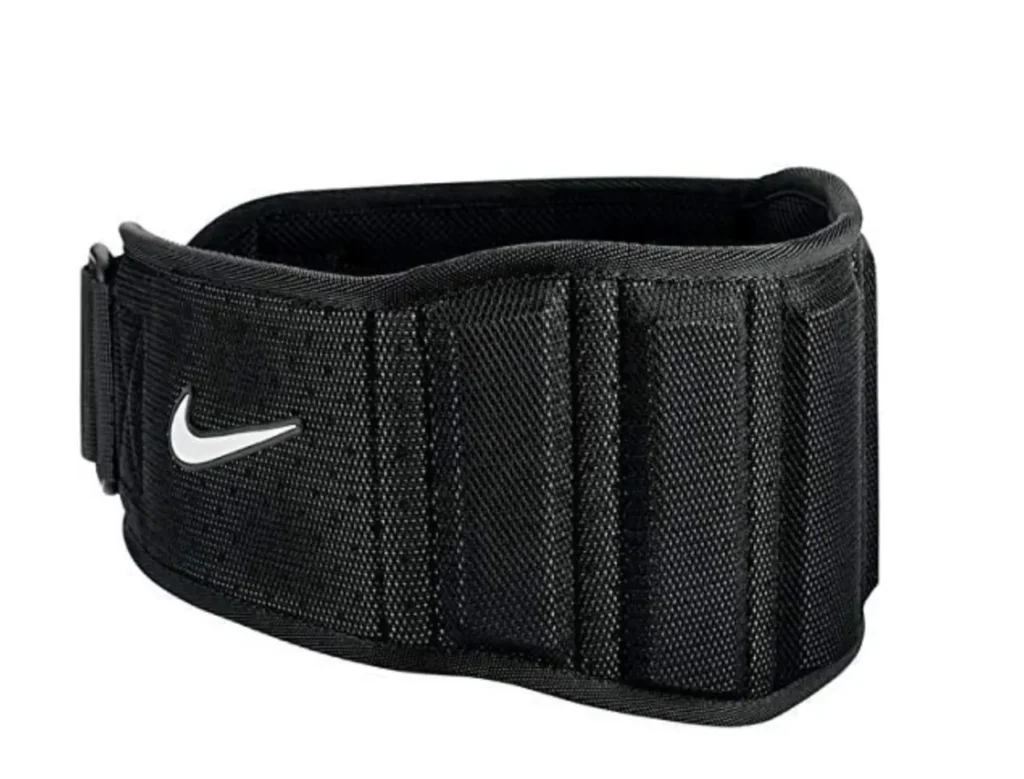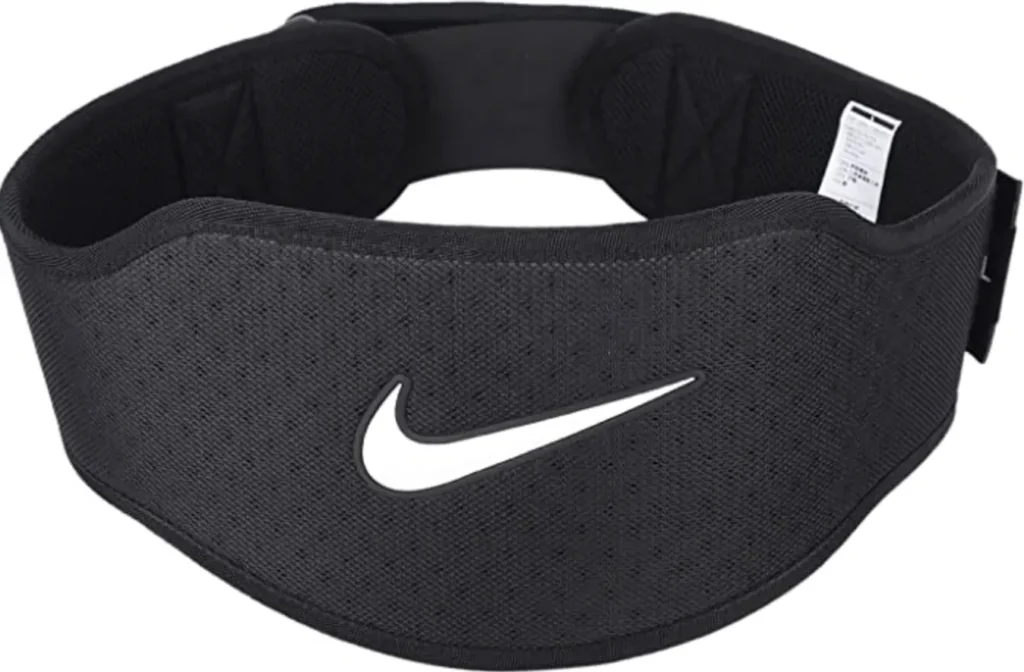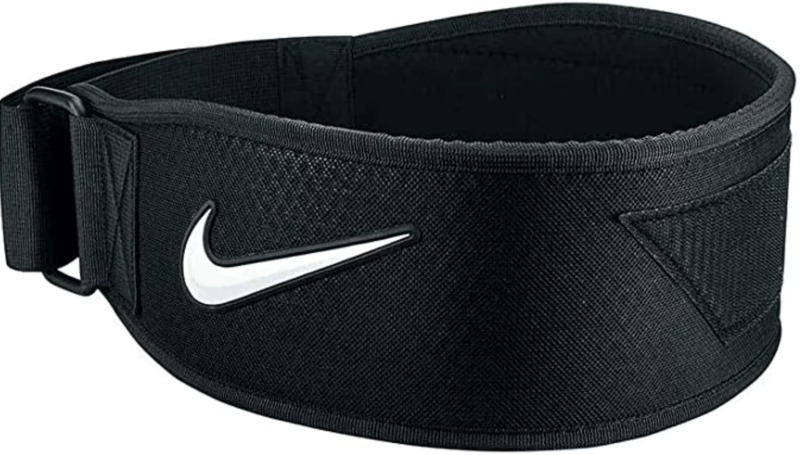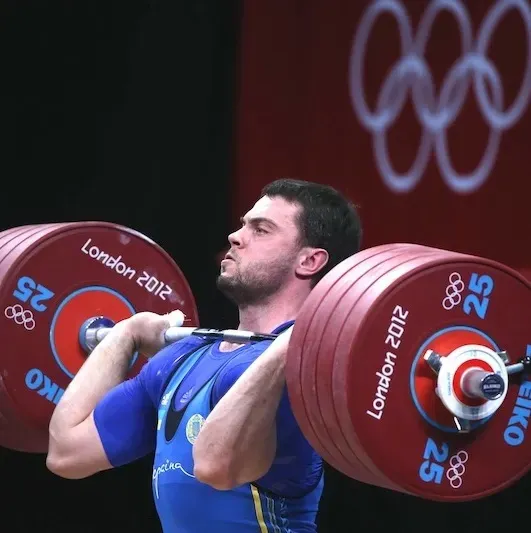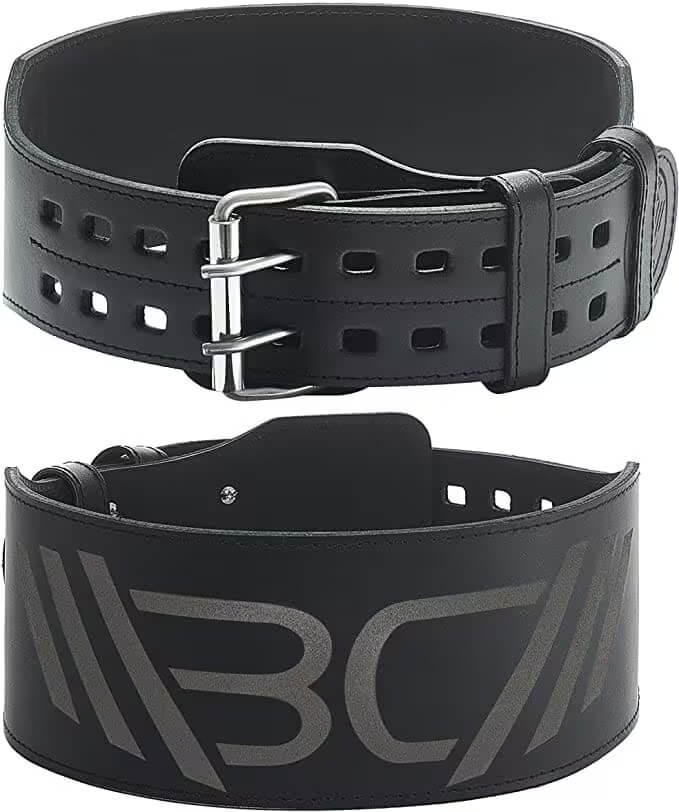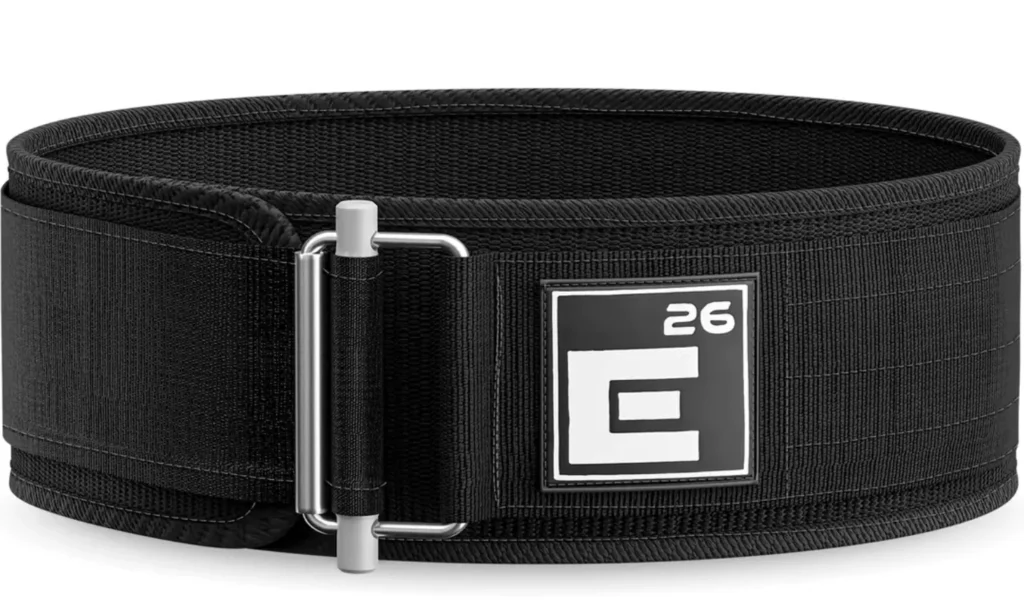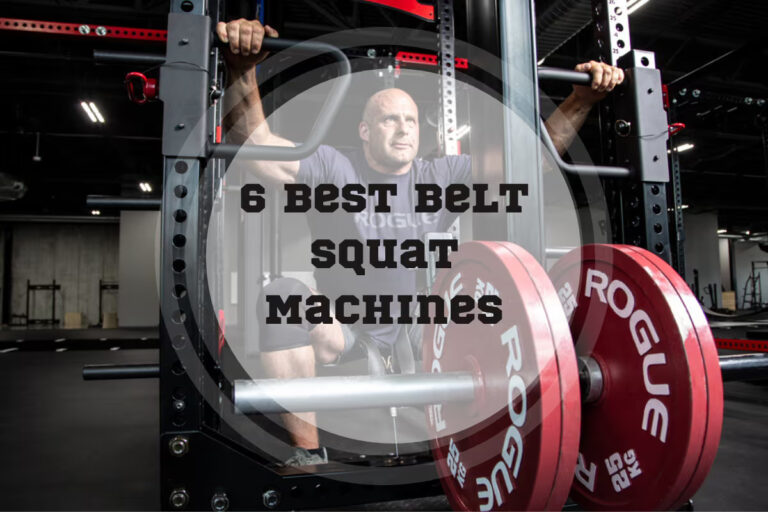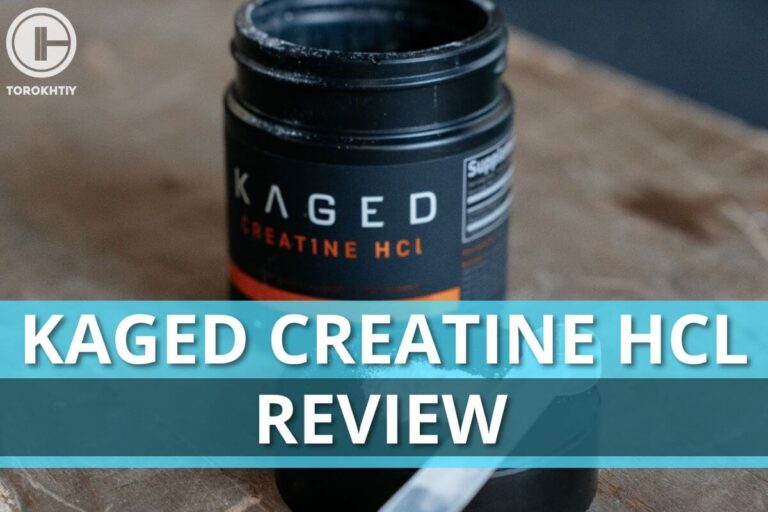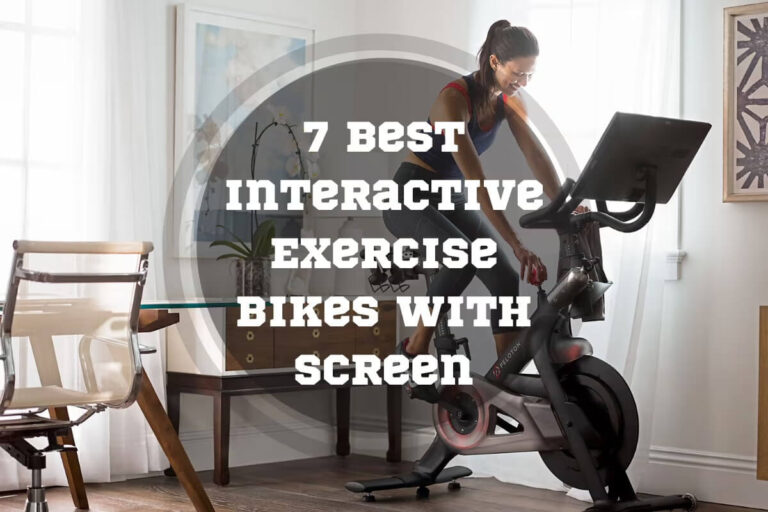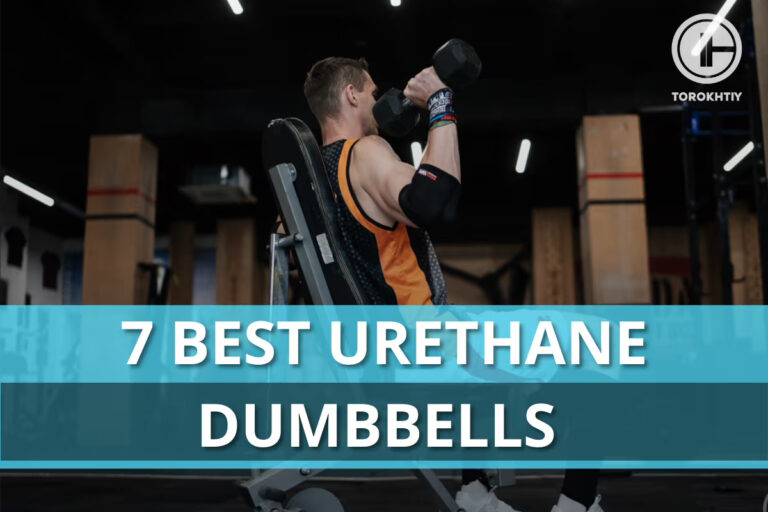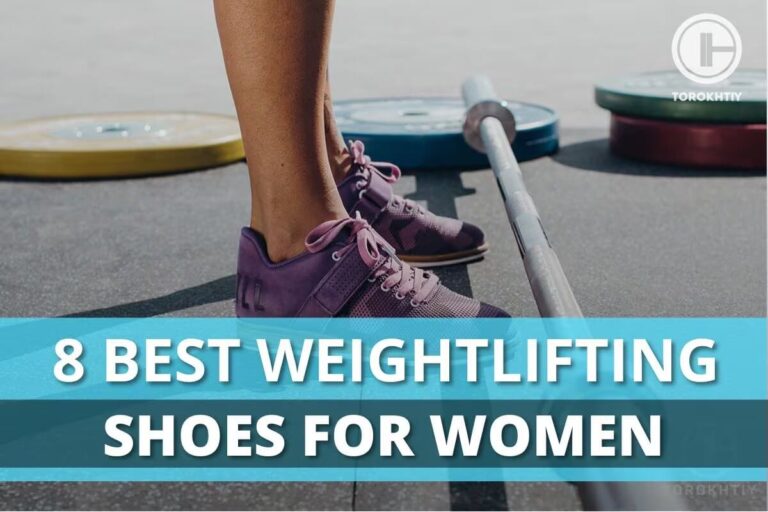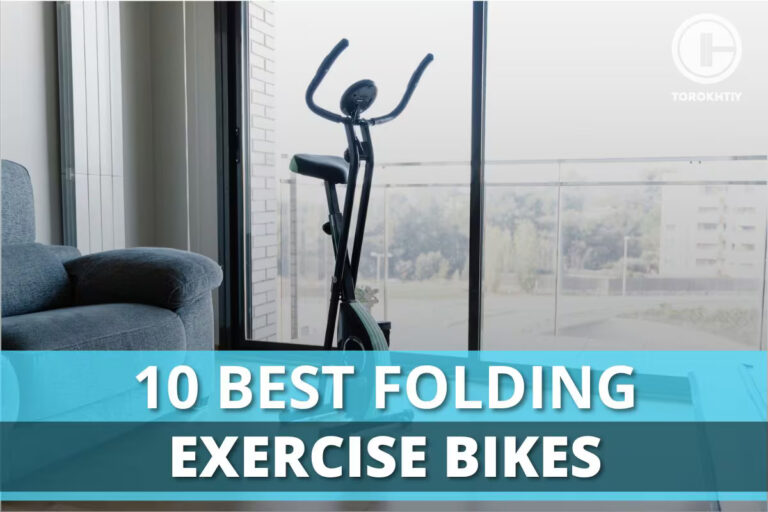Best Nike Weightlifting Belts in 2026
Reviewed by: Oleksiy Torokhtiy (21 years of Oly Lifting experience)
There are science-based benefits of wearing a weightlifting belt. It boosts your strength while warding off injuries.
However, finding a perfect belt isn’t easy. Most people choose Nike because that swoosh is synonymous with quality. We’ll review the top three models of Nike weightlifting belts and analyze their advantages as well as alternatives.
In a hurry?
In a hurry and can’t keep reading? How about you check out the Nike Structured Training Belt.
It is the best-selling Nike weightlifting belt so far. It showcases the innovation and ergonomics you’d expect from a company of such repute.
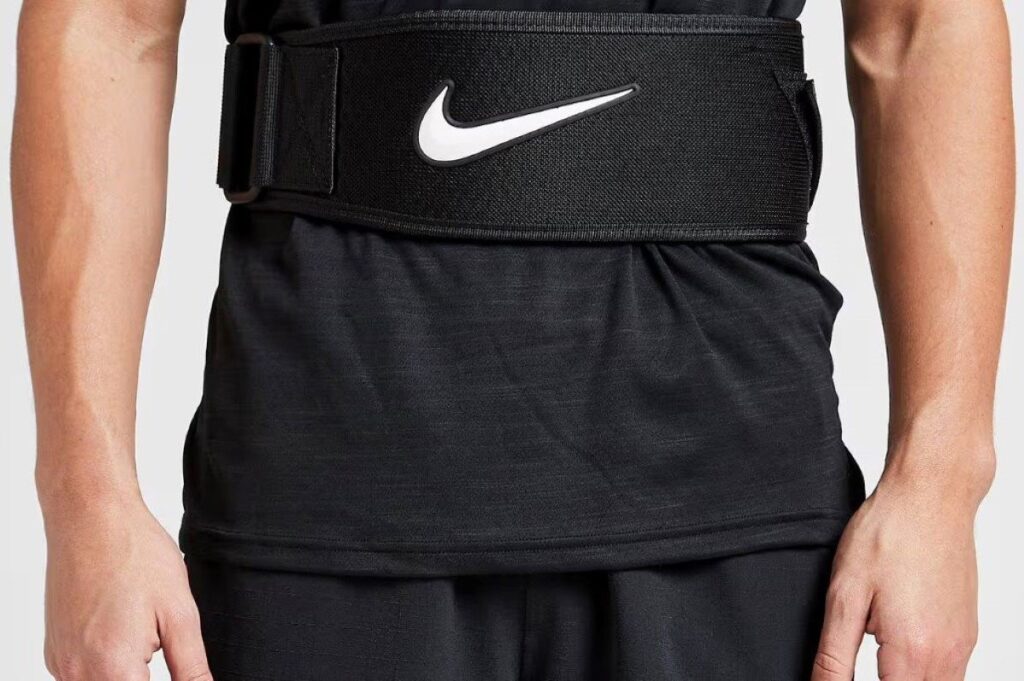
Nike Weightlifting Belt Reviews: Quick Summary
Nike is a world-famous sportswear brand. In the spirit of its mission of inspiring all athletes, it manufactures a variety of weightlifting items as well. Shoes, clothing, gear – you name it!
There are three lines of Nike lifting belts. You can buy any of them online, although the official website currently lists Structured 3.0 only!
| Model | Total | Build | Support | Comfort | Adjustments | Price/Quality |
|---|---|---|---|---|---|---|
| Structured | 46 | 10 | 10 | 8 | 9 | 9 |
| Strength | 45 | 9 | 9 | 9 | 9 | 9 |
| Intensity | 45 | 9 | 8 | 10 | 9 | 9 |
1. Nike Structured Training Belt
Its contoured body, accented with plastic inserts and air vents, provides maximum support and comfort. It is the best-selling Nike weightlifting belt so far. It showcases the innovation and ergonomics you’d expect from a company of such repute.
- Materials: Nylon Composite
- Closure Type: Velcro
- Sizes: S, M, L, XL
- Waist Size Range: 24”-48”
- Width: 6”
- Thickness: 0.2”
- Color: Black/White
1. Design
It’s built to be anatomically correct! Upper and lower edges are respectively contoured according to the shape of ribs and hips. The belt supports the waist without pinching or digging in your back – thus the name “structured.”
Moreover, the rear side is divided into vertical panels, filled with plastic inserts and separated with a thin steel frame. It provides anti-collapse and firm support.
2. Support
It’s not leather. So it provides less support. But for normal workouts, this would allow a steady progression. The stability of the Structured is above-average for a typical nylon belt.
Plastic inserts stop it from crumbling under body weight. As for the crosswise movement, each panel freely collapses on the other. Meanwhile, you’ll enjoy consistent back support, a natural form, and a snug fit.
3. Comfort
Nike accepts the challenge of blending synthetic’s comfort with leather’s strength. End products are a fine balance of two.
The paneled design is soft yet sturdy. It resides between cushy interior padding and porous external mesh. These materials promote air circulation and moisture absorption.
No matter how much you sweat during those 90-minute sessions, the dry ‘n’ cool belt remains affixed where you hook the Velcro. Keep the focus on the game.
Its contoured body, accented with plastic inserts and air vents, provides maximum support and comfort.
Positives:
Could be better:
2. Nike Strength Training Belt
The new version is made of tough polymers and soft EVA foam, unearthing a rare formula of resilience. The Strength has a decade-long history. It started off as a simple belt. Then, it adapted design cues from Structured. Finally, the authentic 3.0 version is here.
- Materials: Nylon Composite
- Closure Type: Velcro
- Sizes: S, M, L, XL
- Waist Size Range: 24”-48”
- Width: 5”
- Thickness: 0.2”
- Color: Black/White
1. Design
The lines are anatomically curved for the rib cage and hip bones. However, the width of the rear side is 5", further tapering down at the front. Also, it doesn’t have independent panels.
One-fourth of EVA and the rest of polymers make up this belt. There are only two layers. A white-colored swoosh sits in the center of the mesh. Earlier models had a sharp plastic shield instead. You can search Strength 2.0 for that.
2. Support
Speaking of lower back and core support, you can’t expect anything extraordinary now. Plastic inserts were the X-factor in Structured training belts.
Bulky lifts will generate excessive pressure. That’d end up loosening the Velcro. It doesn’t imply that you can’t use it for challenging exercises. But treat these Nike lifting belts as training gear of light-to-intermediate intensity.
3. Comfort
There is no compromise on comfort. In fact, the absence of panels improves the wearability of the belt.
A dense foam core contacts the skin. It doesn’t irritate but wicks away the moisture buildup. And the outer perforated layer continuously brings in the fresh air. In a symphony, they ensure you beat the heat. Go shirtless if that clammy top is holding back its potential.
The new version is made of tough polymers and soft EVA foam, unearthing a rare formula of resilience.
Positives:
Could be better:
3. Nike Intensity Training Belt
A uniform design focuses on lifters’ mobility and flexibility requirements, making it the best choice for a dynamic workout. The Intensity Series consists of a Nike lifting belt, knee sleeves, a bunch of wrist straps, and jump ropes. Let’s see what this family has got!
- Materials: Nylon Composite
- Closure Type: Velcro
- Sizes: S, M, L
- Waist Size Range: 27”-39”
- Width: 5”
- Thickness: 0.2”
- Color: Black/White, Black/Pink, Black/Orange
1. Design
You can shop for the belt separately from the package. There are more colorways, such as hyper pink and crimson orange.
It neither boasts anatomical edges nor paneled construction. The sizing is also different from Structured/Strength dimensions. Nonetheless, the logo accents the same position. If your waist is bigger than 40”, you better continue the search!
2. Support
The exact support is minimal. You shouldn't do heavy power/Oly lifts with it. It’s rather suitable as a first or transition belt!
Intensity belts primarily revolve around mobility, speed, and ease of use. They are smoother and smaller from the front. These unique conditions didn’t require a special outline. It's not obstructive, although streamlined against the body's natural curves.
3. Comfort
EVA foam padding is of high density. It slightly molds when you apply force, only to rise back up. This adaptability is soft to the touch and skin-friendly. The polyester coating is unchanged across all Nike weightlifting belts.
Its fastening strap is larger. So you can micro-fit after looping it through the rolling metal buckle. And for the support you get, it won’t go anywhere.
A uniform design focuses on lifters’ mobility and flexibility requirements, making it the best choice for a dynamic workout.
Positives:
Could be better:
What are Nike Weightlifting Belts for?
All three models are exceptional in quality and durability.
But who should use them and for what sort of exercises?
First of all, you’d better not pick any nylon-made belt (Nike or otherwise) to break your 1 RM. It's too weak to regulate the intra-abdominal pressure required to hit maximal deadlifts or squats.
You'd benefit from supple and breathable workmanship in the following cases.
1. General Conditioning
Whether you’re after muscle endurance or strength, core activation is necessary to achieve desired fitness goals.
Nike lifting belts will help you remarkably in doing so.
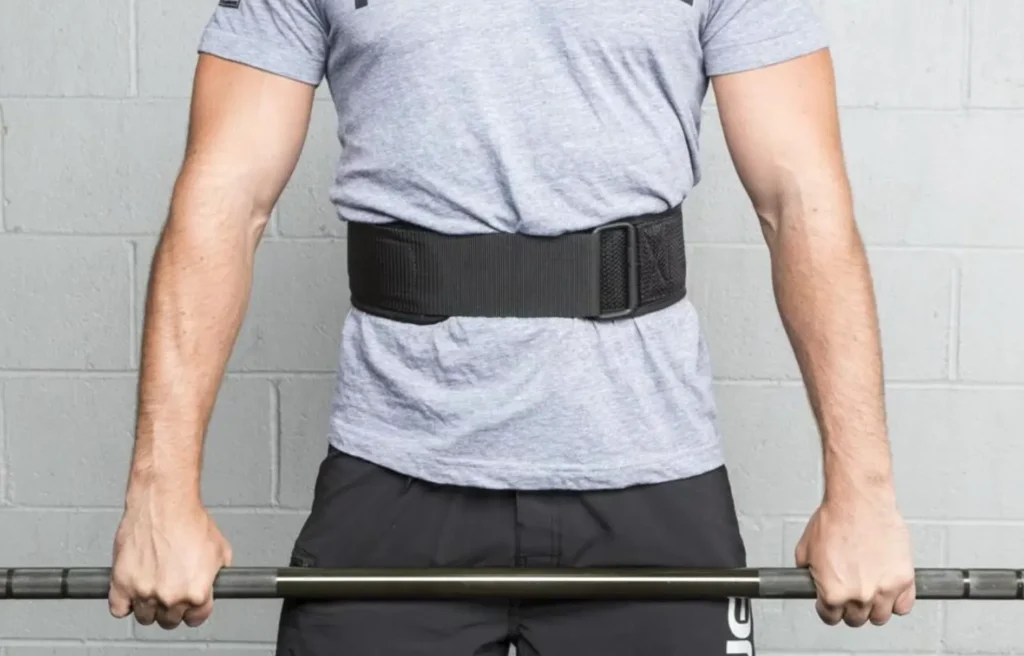
2. Fitness WODs
“Fitness Strength” is more about stamina and functional fitness. You’ll be lifting a certain weight more than once. Structured 3.0 will look out for you as long as you're moving less than 80% of your rep max.
3. Low Weight, High Rep Sets
Nike lifting belts are reliable in their build and tightening mechanism. These traits are more suitable for regimens with high reps and long duration.
Fitting examples would be a quick circuit or isometric training. Boxers, wrestlers, soldiers, and rock climbers are known for these exercises.
Tips From the Champ
Nike lifting belts support core activation for muscle endurance or strength, making them great for fitness WODs and low-weight, high-rep exercises. Beginners can start with a moderate-support belt like Strength and Intensity, ensuring a safe transition to heavier-duty options while developing proper form and technique.
Olympic Weightlifting Champion
4. Beginners
Novices to weightlifting should buckle a moderate-support belt like Strength and Intensity.
It’ll enable a safe transition to heavy-duty leather belts with a winning form and technique. Importantly, it’ll nourish your new-found love for athleticism.
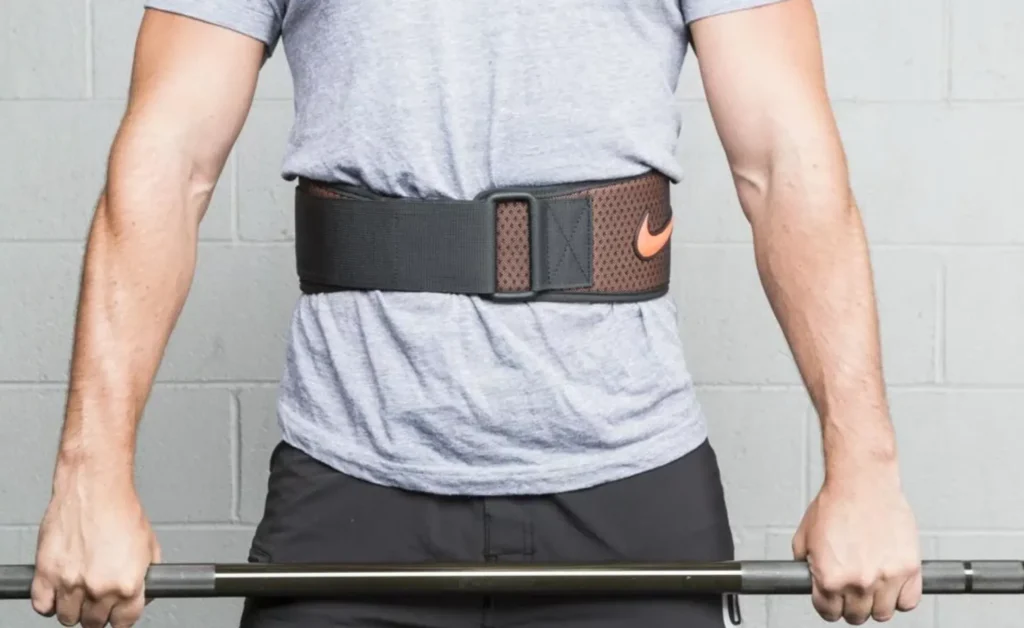
Leather Alternatives of Nike Weightlifting Belts
Leather belts provide unrivaled support to the lower back and surrounding muscles. You can lift maximum resistance. There is a super substitute of Nike we’d recommend in the same $50 price range.
Warm Body Cold Mind Leather Belt
Its genuine padded leather with beveled edges is cozier than stiff leather belts and far sturdier than Nike models. It has a double-prong steel buckle. So you can blindly pick it up for your biggest lifts.
Moreover, this belt is approved by IPF and USAPL to be used in competitions. Also, you get an extended size range of S-XXXL. The waist coverage continues from 28" to a whopping 52". However, Nike produces one size small.
Nylon Alternatives of Nike Weightlifting Belts
Nylon isn’t as strong as leather. But it’s more comfortable and flexible. It allows dynamic movements and lets your skin breathe. Finding an alternative for Nike lifting belts is quite challenging, but you won’t return empty-handed!
Element 26 Self-Locking Belt
This belt resolves two pain points. First, it is reinforced with a metal buckle that remains locked even if Velcro pops off. Secondly, the profile is uniform, unlike the tapered front of Nike.
These two specs skyrocket the versatility of this belt by Element 26. You can add squats and deadlifts to your workout plan. It also offers a plethora of sizes and colors.
FAQ
What Size Nike Weightlifting Belt Should I Get?
Getting the right fit is crucial. Just don’t go with pant size. Measure your waist’s girth at navel length with a tapeline.
Each size of Nike weightlifting belt covers 6” with in-between overlaps. Suppose your waist is 36”. It is the ultimate limit of ‘M’ and the lower range of ‘L.’ Go with your fitness ambition in that case. For instance, size up if expecting to gain weight.
How Do Nike Weightlifting Belts Work?
Nike lifting belts help you seize gains and avoid unnecessary strains. Once you stick the Velcro pad, they create a stable pushback platform for your core. It goes on to strengthen your spine and overall biomechanics.
Conclusion
Nike weightlifting belts are a popular choice for moderate strength training. They're intelligently divided into three lines with varying levels of support and comfort. That being said, powerlifting and strongman exercises are way out of their league. There is a budget-friendly leather alternative by WBCM for such use.
Which one do you prefer: leather or nylon? Share your reasons in the comments!
Also Read:
- Nylon Vs Leather Lifting Belt
- Powerlifting Belt Vs Weightlifting Belt
- Best Weight Belts
- Best 3 Inch Weightlifting Belt
- Lever Belt Vs Prong Belt
- Best Weight Lifting Belt For Big Guys
- Schiek Lifting Belt Review
References:
- 3 Key Benefits Of Wearing A Weightlifting Belt // Bodybuilding:
https://www.bodybuilding.com/content/3-key-benefits-of-wearing-a-weightlfting-belt.html
Why Trust Us?
With over 20 years in Olympic Weightlifting, our team does its best to provide the audience with ultimate support and meet the needs and requirements of advanced athletes and professional lifters, as well as people who strive to open new opportunities and develop their physical capabilities with us.
All products we select are primarily approved and tested by the Olympic Weightlifting Champion Oleksii Torokhtiy. Under his guidance, we provide honest and reasonable assessments of the products we review by checking their characteristics, packaging, design, comfort and durability features, and general product rating. We select products from only high-quality and trusted sports brands, thus vouching for their quality.
The product testing process is described in more detail here
Author: Ihor Shymechko
Pro Olympic Weightlifter, Coach
Best Results: Snatch – 208 kg,
C&J – 240 kg
Ihor has been a professional weightlifter since 1996, boasting over two decades of competition experience. His notable achievements include clinching the European Championship in 2009 and securing a silver medal in the 105kg division at the Senior World Championships in 2011. Ihor represented his country in the 2008, 2012, and 2016 Summer Olympics. After retiring from competitive weightlifting, he transitioned to coaching, leveraging his vast experience to guide athletes who now compete on both national and international stages.
Reviewed by: Oleksiy Torokhtiy
Olympic Weightlifting Champion
Best Results: Snatch – 200 kg,
C&J – 240 kg
Oleksiy Torokhtiy is a professional athlete boasting 20 years of experience in Olympic weightlifting. With multiple European and World titles under his belt, he has showcased his prowess in two Olympic Games (Beijing 2008 and London 2012). Upon concluding his illustrious career, Oleksiy dedicated himself to coaching. By 2022, he had conducted over 200 weightlifting seminars worldwide. He is the visionary behind an international sportswear and accessories brand known for its motto, “Warm Body Cold Mind.” Additionally, he is an esteemed author and the creator of a series of training programs and eBooks.

